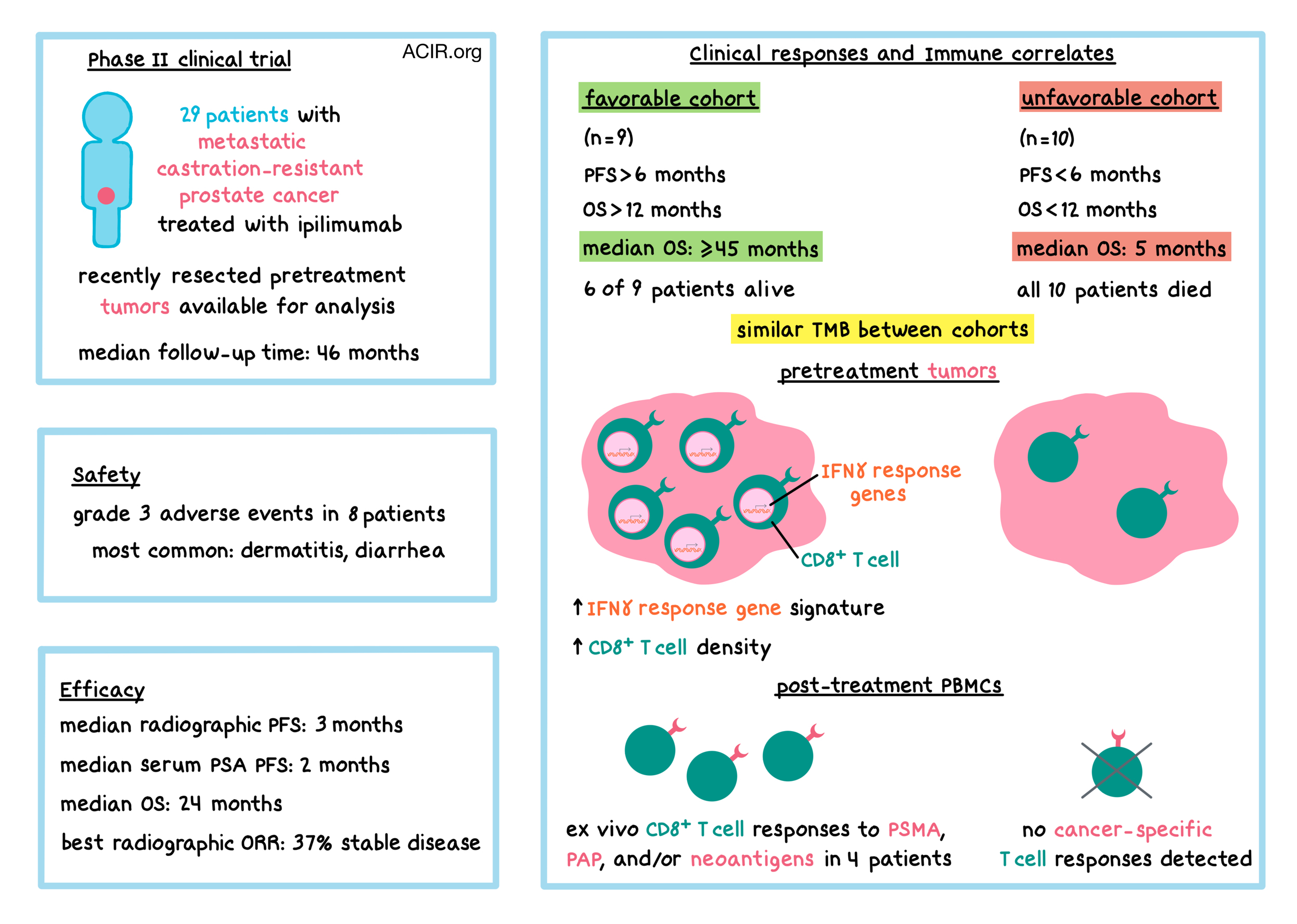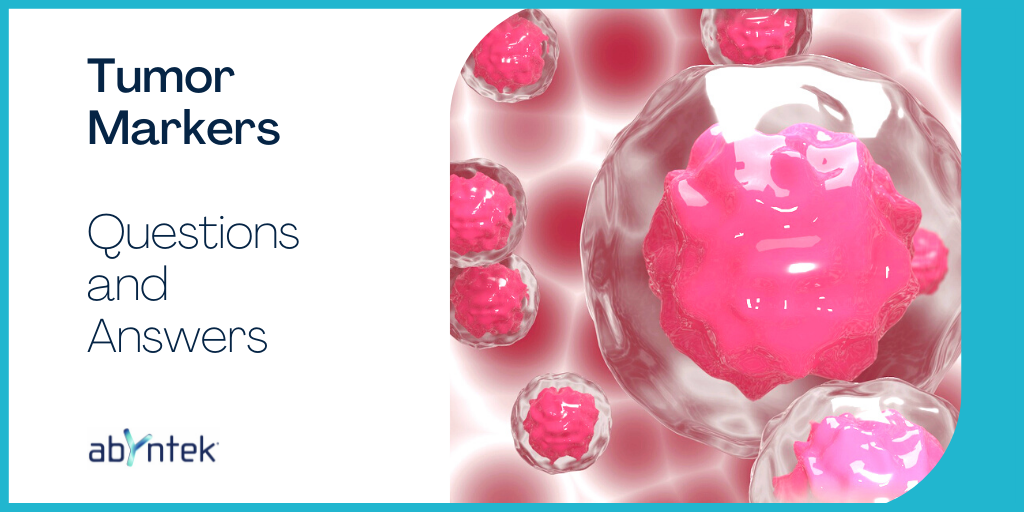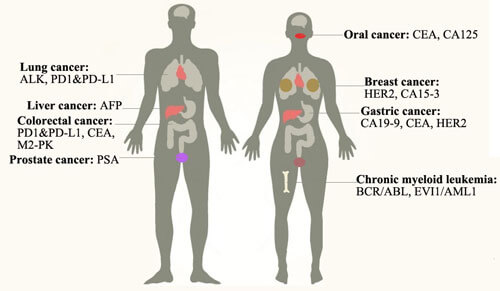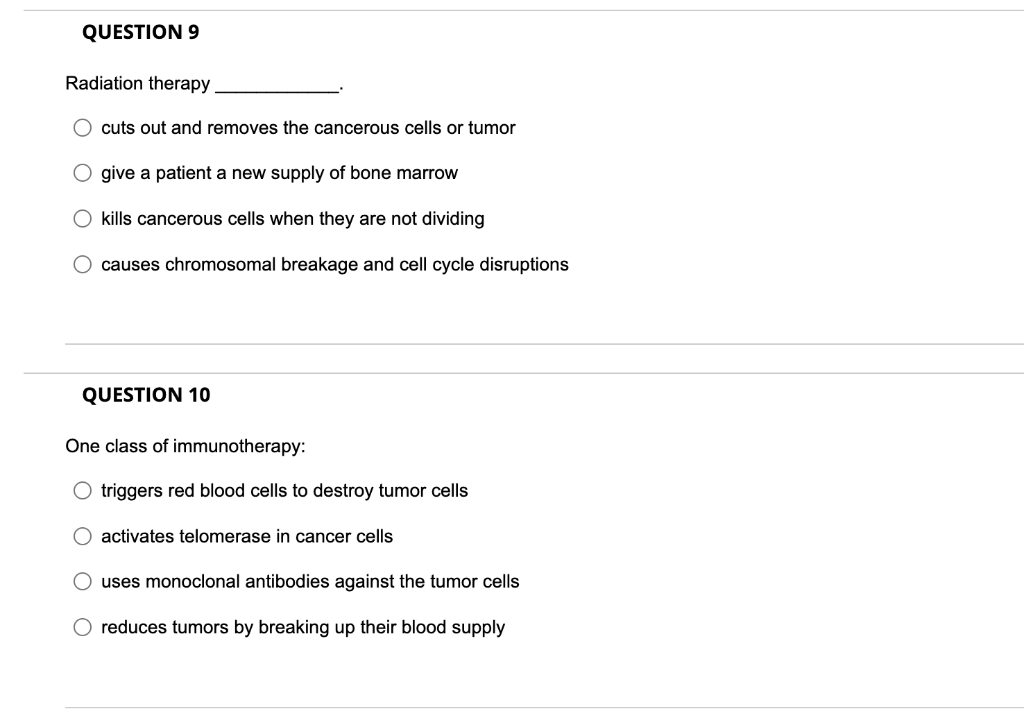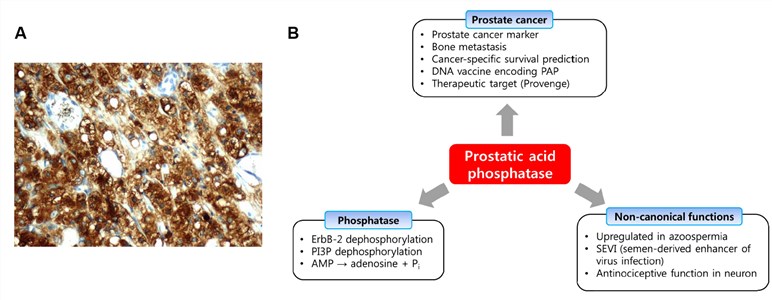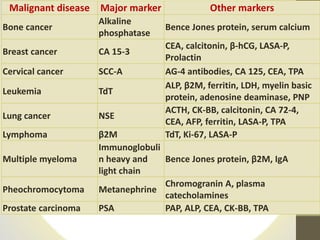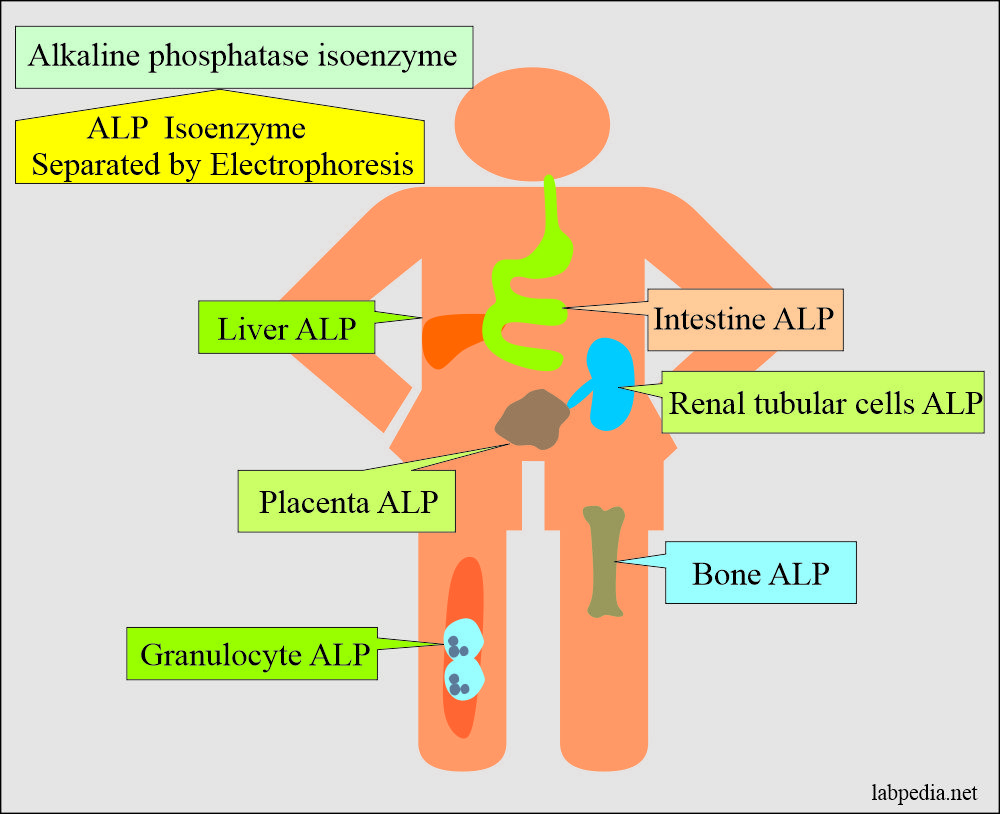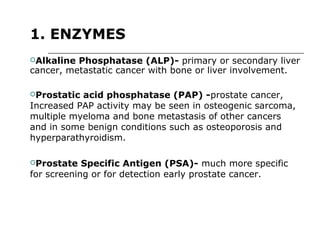Diverse roles of PAP including non-canonical functions. Traditionally,... | Download Scientific Diagram
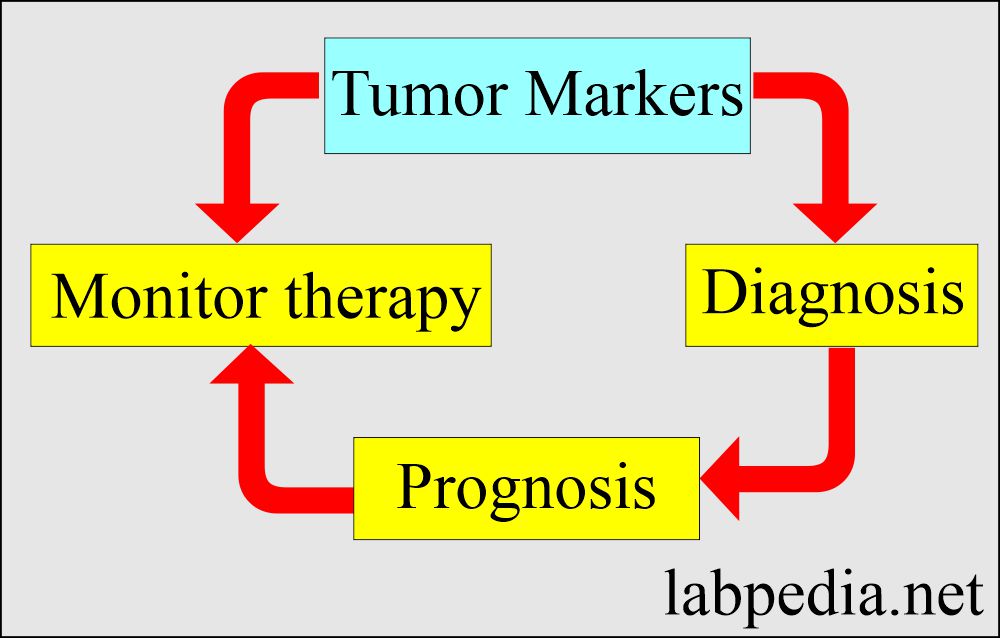
Tumor Marker:- Part 2 - Summary of Tumor Markers for Various Organs and Monoclonal markers - Labpedia.net
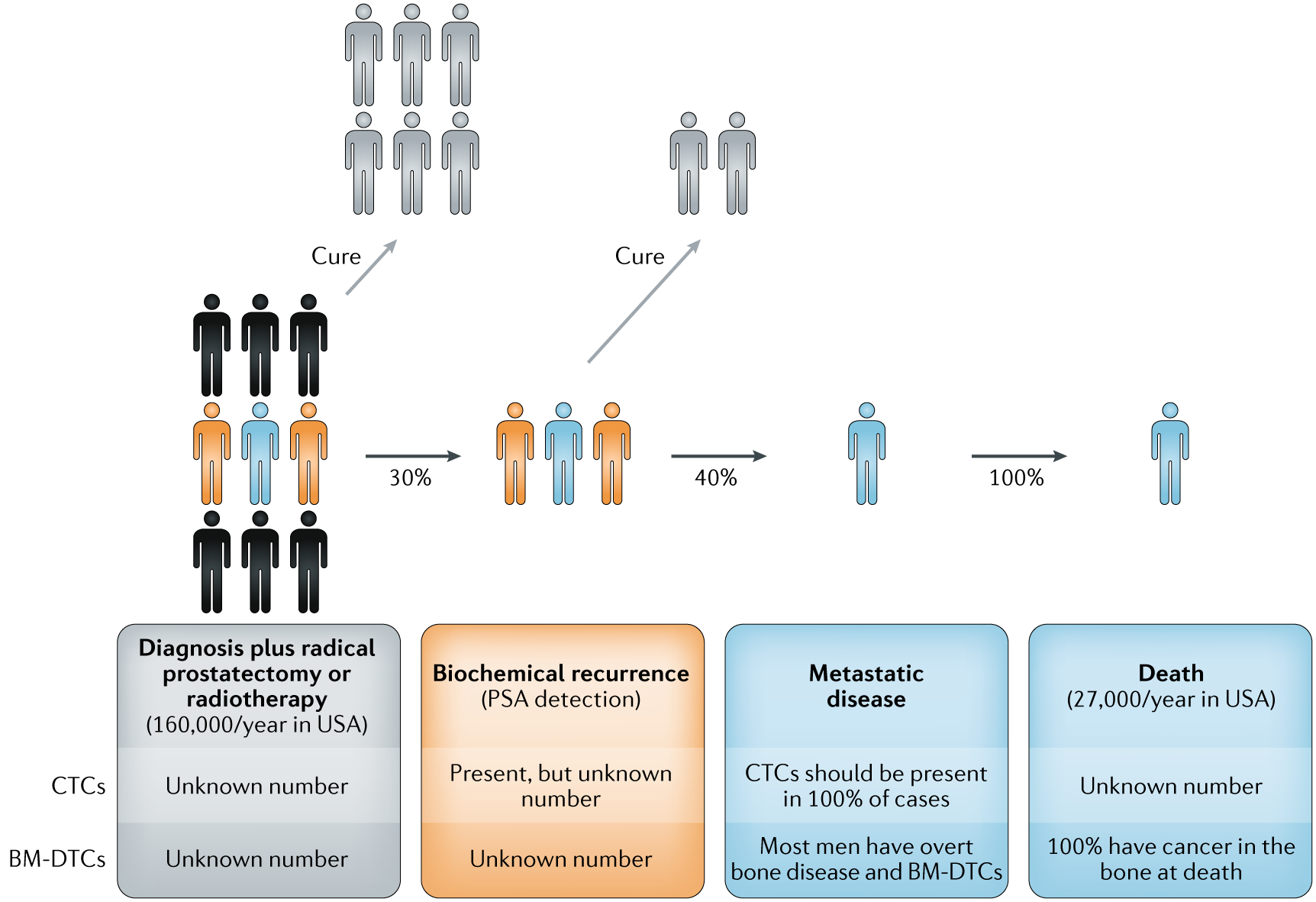
Prostate-specific markers to identify rare prostate cancer cells in liquid biopsies | Nature Reviews Urology
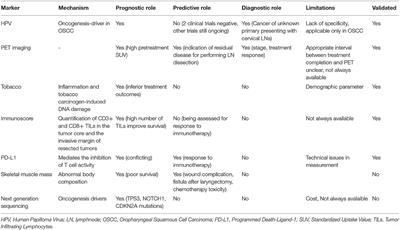
Frontiers | Diagnostic Tumor Markers in Head and Neck Squamous Cell Carcinoma (HNSCC) in the Clinical Setting
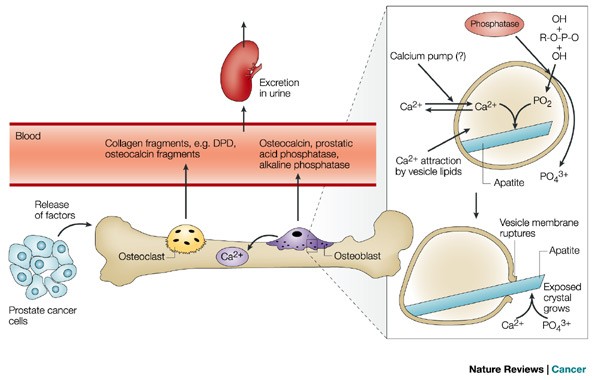
Bloodborne biomolecular markers in prostate cancer development and progression | Nature Reviews Cancer
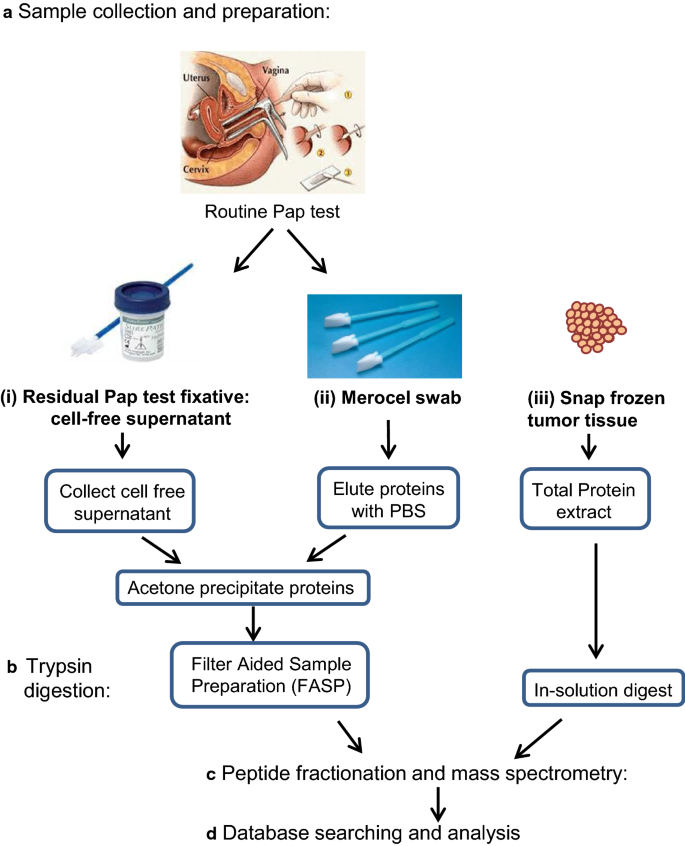
Evaluation of the potential of Pap test fluid and cervical swabs to serve as clinical diagnostic biospecimens for the detection of ovarian cancer by mass spectrometry-based proteomics | Clinical Proteomics | Full
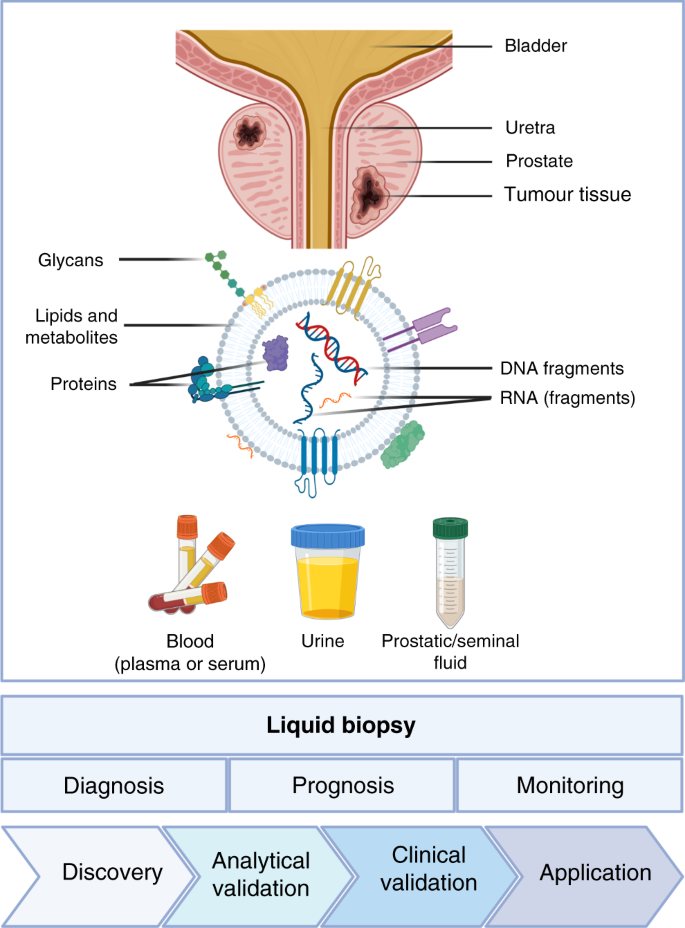
Extracellular vesicles as a source of prostate cancer biomarkers in liquid biopsies: a decade of research | British Journal of Cancer

Tumor marker-encoding genes: a bunch of mysterious diamonds in the pile of evolutionary compost A.V. Baranova, George Mason University. - ppt download

